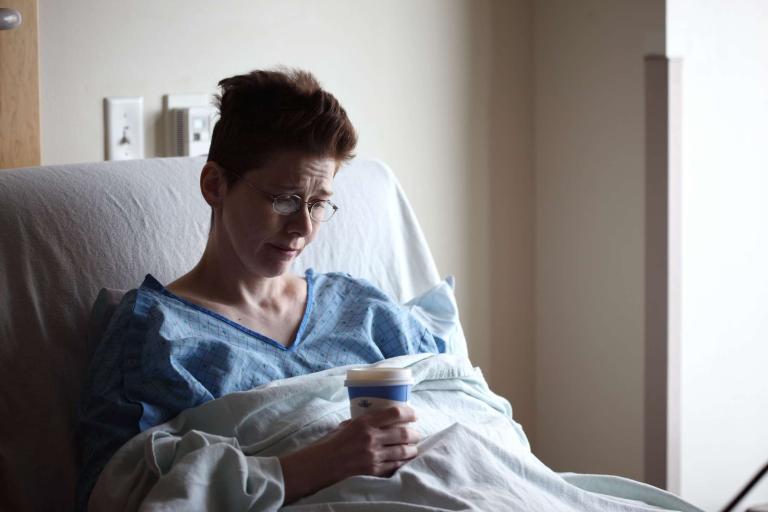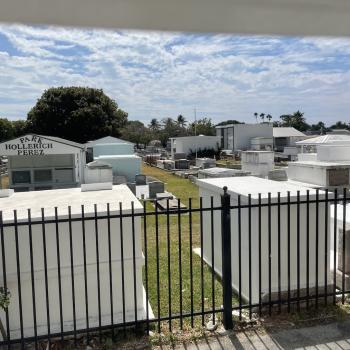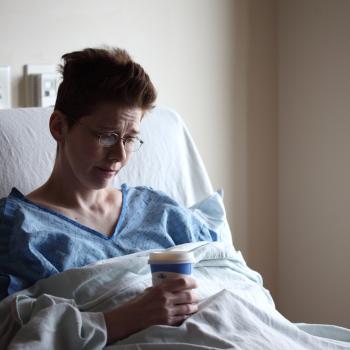We don’t know when we’re going to die. I’ve made that statement many times over the years, and I write it for myself as well as for you. I make it again after reading a book, and stumbling up an article on CNN.com, that talk not to death itself, but the days leading up to death. You might call them deathbed confessions.
In the book Die with Zero: Getting All You Can from Your Money and Your Life, Bill Perkins make several compelling points that relate to our money and how we spend it. Chief among them is that if you have the money to spend, spend it before you get too old. Forget material goods, the most important thing money can buy us is experiences, ideally with others.
Too many of us wait too long to create new life experiences when our physical health might be failing. We delay until retirement the dream vacation we wanted to take or the activity or hobby we always wanted to pursue. Perkins warns us to not spend recklessly—but wants us to realize that how we feel in our 50s and 60s may very well dramatically change by the time we reach our 70s and 80s. Depending on your age and health, the time to act may be now.
Perkins calls out a study done by an Australian woman named Bronnie Ware, a palliative caregiver. Her work “put her at the bedsides of patients with just weeks left to live.” She talked to them about “what they wished they had done differently in their lives” and found the same key regrets coming up over and over again.” Perkins writes:
Her patients’ number one regret was that they wished they’d had the courage to live a life true to themselves—as opposed to the life that others expected of them. It’s a regret about not pursuing your dreams, and therefore having those dreams go unfulfilled.
Perkins makes the point that when you ignore what is truly important to you, and instead pursue a path dictated by society, your family, or peers, “you risk having real regret at the end of your days.” You may end up feeling that the sacrifices you made were too great, because you ignored your true inner calling, the desires of your soul.
A second regret is related to the first. Many people wished they had not worked so hard. (As the adage goes, no one on their deathbed ever regretted spending too little time in the office.) To quote Ware, whose patients were mostly male, “All of the men I nursed deeply regretted so much time of their lives on the treadmill of a work existence.” But women, had this regret as well. They all believed they had missed too much of “their children’s youth and their partner’s companionship.”
A similar deathbed tale come from a hospital chaplain in Tampa.
In a story titled This hospital chaplain has counseled thousands of dying patients. Here’s what he’s learned., by Faith Karimi at CNN.com, a hospital worker based in Tampa, Florida, shares his experiences. Joon “J.S.” Park has been a chaplain at Tampa General Hospital for eight years and has counseled thousands of patients and their families.
Park often describes himself as a “therapriest”—a cross between a priest and a therapist. He is often the last person many people speak to during their lives and when he sits with them, he makes sure he is with them completely. He puts his phone down and he lets them know, “I’m here right now with you.” Park says that:
“It’s such a terrible thing when a voice goes unheard. I have seen so many voices die. I have learned, in all my time with all my patients, each of us hold a story and must be given a voice. In the telling there is healing.”
He says that regret is a common theme among his dying patients. Most of the regrets come down to something like: “I only did what everyone else wanted, not what I wanted.” Yes, self-sacrifice is good, but at some point in life we need to listen to our own inner calling. Park continues:
“Many of us near the end realize we were not able to fully be ourselves in life—we had to hide to survive. It was not always our fault. Sometimes our resources, the systems and culture around us did not allow us to. My hope is always to fully see and hear this patient, who is now finally free.”
He remembers the young man who had aspired to be a musician before cancer took his life. On his deathbed, the man told Park he regretted not pursuing his dream of a life in music while he had a chance. It brings to mind the ancient Stoic philosopher Seneca who warned us procrastination is one of the biggest obstacles to a well-lived life, writing:
Putting things off is the biggest waste of life: it snatches away each day as it comes and denies us the present by promising the future. You are arranging what lies in fortune’s control and abandoning what lies in yours. The whole future lies in uncertainty: live immediately.
How about you? Have you too long delayed a dream or inner calling you should pursue? What’s stopping you from pursuing it now? Since journeys happen one step at a time, is there a first step you can take? As you can tell from the stories above, the best way to avoid regrets later is to take action now.
Enjoy this story? There are 112 just like it in my new book Wake Up Call: Daily Insights for the Spiritually Curious, now available from Wildhouse Publishing.














